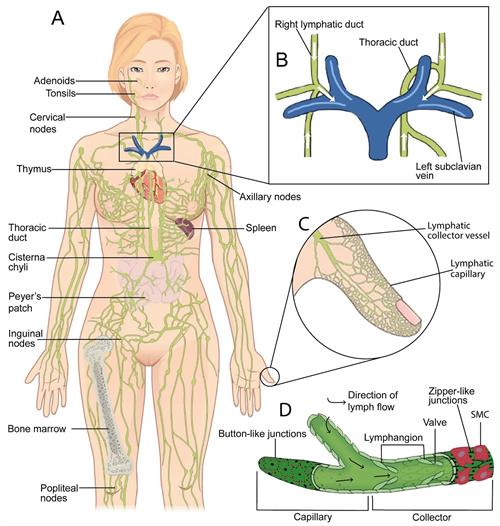PDF chapter test TRY NOW
It is essential to get rid of a disease. But, this has certain limitations as follows:
- Our body functions might not be able to recover quickly.
- As the treatment takes time, it may affect the daily activities.
- An infectious disease may transfer from a person suffering the infection to another in the meanwhile of the treatment leading to the multiplication of the above difficulties.
Hence, due to these limitations, it is essential to find ways to prevent these diseases as prevention of diseases is better than cure.
Methods to prevent the diseases:
The diseases can be prevented by two different ways: one is specific, and the other is general. The general ways of the prevention of diseases are related to the prevention of exposure to infectious microbes. This prevention of exposure can be done in the following methods as follows:
- Exposure to airborne microbes can be prevented by providing living conditions that are not overcrowded.
- Exposure to waterborne microbes can be prevented by providing safe drinking water. This is done by treating the water to kill any microbial contamination.
- The vector-borne diseases can be prevented by keeping our surroundings clean and maintaining public hygiene.
Other than these issues which are related to the environment, there are certain other general principles which prevent infectious diseases. In general, infections are faced by humans every day. If someone is suffering from a cold, we are asked to isolate ourselves because we will be exposed to the infection. But not all of them around the infected person will suffer from the disease. This is because of the immune system of the body that fights off the microbes.
The immune system of the body:
The immune system of the body has specialised cells which kill the infecting microbes that enter the body. When these cells are unable to do so, the prevalence of disease comes into existence.

Immune organs
The cells of the immune system go into action each time the infecting microbes invade the body and manage to kill them off the infection long before it assumes significant proportions. If the number of microbes is controlled, the disease will become minor. Being exposed to the pathogens or being infected with them do not lead to developing noticeable disease.
Thus by this, we can say that one of the ways of looking at severe infectious diseases is due to the lack of success of the immune system. Like any other system of the human body, the immune system also requires proper and sufficient nourishment and food. Hence, the second most fundamental principle is the availability of adequate nutrition for everyone.

Immune booster
Reference:
https://upload.wikimedia.org/wikipedia/commons/thumb/2/2b/Anatomy_of_the_lymphatic_system.jpg/2048px-Anatomy_of_the_lymphatic_system.jpg
https://upload.wikimedia.org/wikipedia/commons/thumb/d/df/A_tasty_fruits-boost_your_immune_system.jpg/2048px-A_tasty_fruits-boost_your_immune_system.jpg
